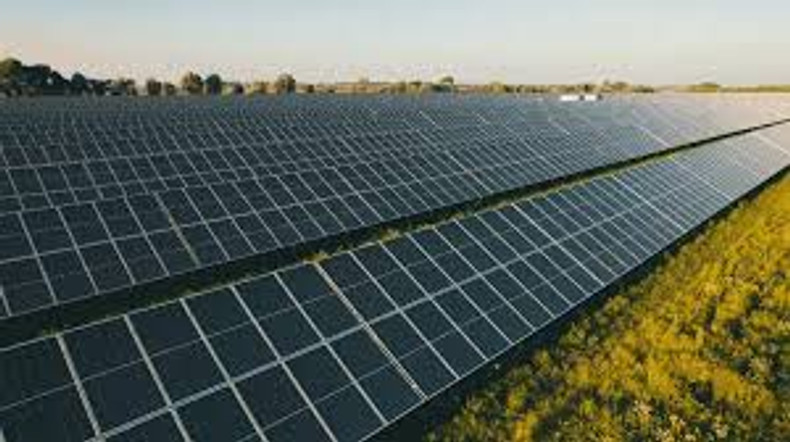What Are Flexible Solar Modules?
Flexible solar modules are thin, lightweight, and bendable solar panels that are designed for diverse applications. Unlike traditional rigid solar panels, flexible modules can conform to curved surfaces and are much easier to install on non-flat surfaces. These features make them especially suitable for use on boats, yachts, and RVs, where conventional solar panels might be too bulky or impractical. Made from advanced materials like monocrystalline or polycrystalline silicon, these modules maintain high energy conversion efficiency while offering portability and ease of installation.
Advantages of Flexible Solar Modules for Marine Applications
- High efficiency in limited spaces such as roofs and decks
- Lightweight design helps maintain fuel efficiency
- Corrosion-resistant materials ideal for saltwater environments
- Reliable power supply for navigation, lighting, and equipment
Marine applications, from sailboats to large yachts, benefit from these advantages, making flexible solar modules a top choice for off-grid marine energy solutions.
Flexible Solar Modules in RV Applications
- Seamless integration on curved RV roofs
- Lightweight and easy to install using adhesives or brackets
- Portable — easy to upgrade or reposition as needed
- Efficient energy supply for appliances, lights, and electronics
These qualities make flexible solar modules a preferred energy solution for RV owners who prioritize mobility and energy independence.
Durability and Performance in Harsh Conditions
- Resistant to extreme temperatures, UV rays, and moisture
- Protective layers ensure weather resistance
- Engineered to endure high winds and debris impact
Flexible modules perform reliably in demanding marine and RV environments, ensuring consistent power over time.
The Efficiency of Flexible Solar Modules
- Monocrystalline panels offer efficiency comparable to rigid panels
- High output even in limited surface areas
- Continuous improvement in technology boosts efficiency
These modules provide sufficient energy for boats and RVs, even in space-constrained installations.
Cost-Effectiveness and Maintenance
- Lower installation costs due to lightweight design
- Minimal maintenance — occasional cleaning only
- Reduced long-term energy costs vs. fuel or generators
Flexible solar modules may have a higher upfront cost, but their durability and ease of installation make them a smart investment for the long run.
Conclusion
Flexible solar modules are leading the way in revolutionizing energy solutions for marine and RV applications. Their versatility, durability, and efficiency make them an ideal choice for boat owners and RV enthusiasts looking to embrace renewable energy. Whether you're on the water or the road, these modules provide a reliable, sustainable power source that aligns with the growing demand for eco-friendly technologies.
Find the Right Solar Module at Waaree
For those looking to equip their marine or RV setups with the latest solar technology, look no further than shop.waaree. Waaree’s official e-commerce platform offers a comprehensive range of solar products, including flexible solar modules designed to meet the unique energy needs of marine and RV users. With Waaree, you can access high-quality solar solutions with ease, backed by the company’s expertise in solar technology.

